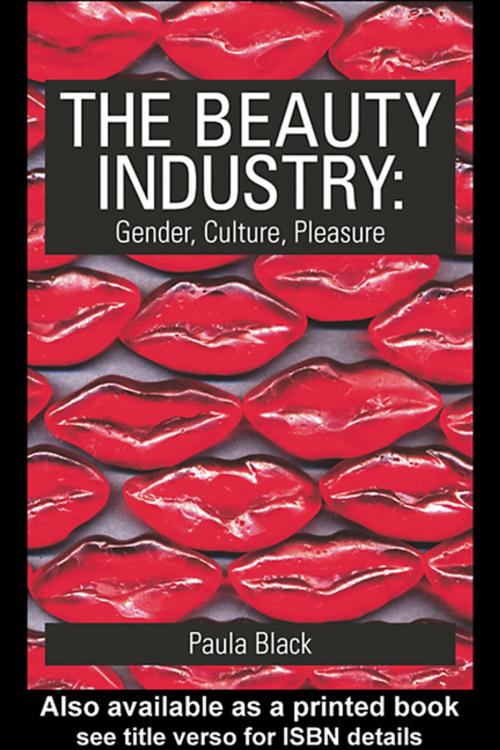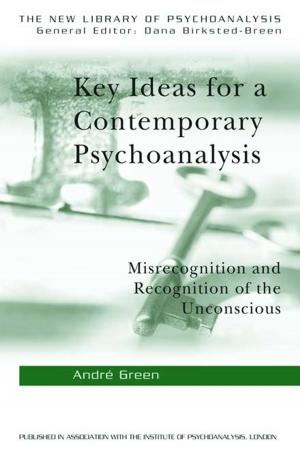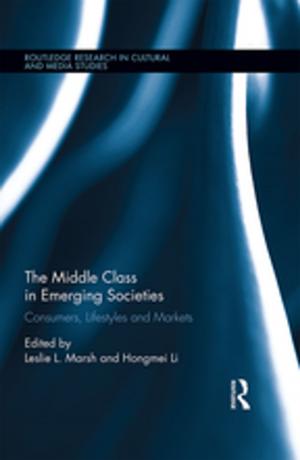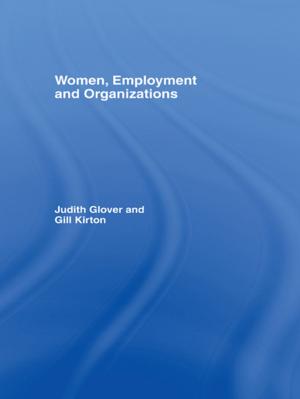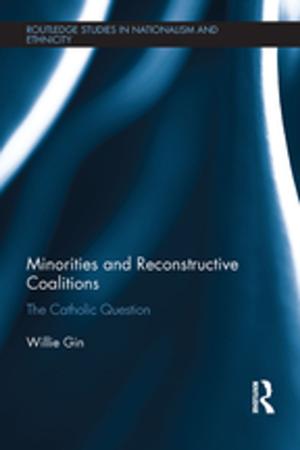The Beauty Industry
Gender, Culture, Pleasure
Nonfiction, Social & Cultural Studies, Social Science, Cultural Studies, Popular Culture, Gender Studies, Sociology| Author: | Paula Black | ISBN: | 9781134356409 |
| Publisher: | Taylor and Francis | Publication: | August 2, 2004 |
| Imprint: | Routledge | Language: | English |
| Author: | Paula Black |
| ISBN: | 9781134356409 |
| Publisher: | Taylor and Francis |
| Publication: | August 2, 2004 |
| Imprint: | Routledge |
| Language: | English |
The beauty industry is now a multinational, multi-million dollar business. In recent years its place in contemporary culture has altered hugely as salons have become not simply places to have your hair cut or your nails done, but increasingly sites of physical and even spiritual therapy.
In this fascinating and nuanced study, Paula Black strips away many popular assumptions about the beauty industry, including the one that says it exploits people's insecurity by projecting an illusory beauty myth. The interviews in this book - both with the beauty industry's workers and its clients - reveal a far more complex and interesting picture, and, in their presentation, Black re-formulates many feminist debates around choice and constraint.
The debates addressed include issues around the body; the construction and maintenance of gender identity; changing definitions of health and well-being; and labour processes.
The beauty industry is now a multinational, multi-million dollar business. In recent years its place in contemporary culture has altered hugely as salons have become not simply places to have your hair cut or your nails done, but increasingly sites of physical and even spiritual therapy.
In this fascinating and nuanced study, Paula Black strips away many popular assumptions about the beauty industry, including the one that says it exploits people's insecurity by projecting an illusory beauty myth. The interviews in this book - both with the beauty industry's workers and its clients - reveal a far more complex and interesting picture, and, in their presentation, Black re-formulates many feminist debates around choice and constraint.
The debates addressed include issues around the body; the construction and maintenance of gender identity; changing definitions of health and well-being; and labour processes.
